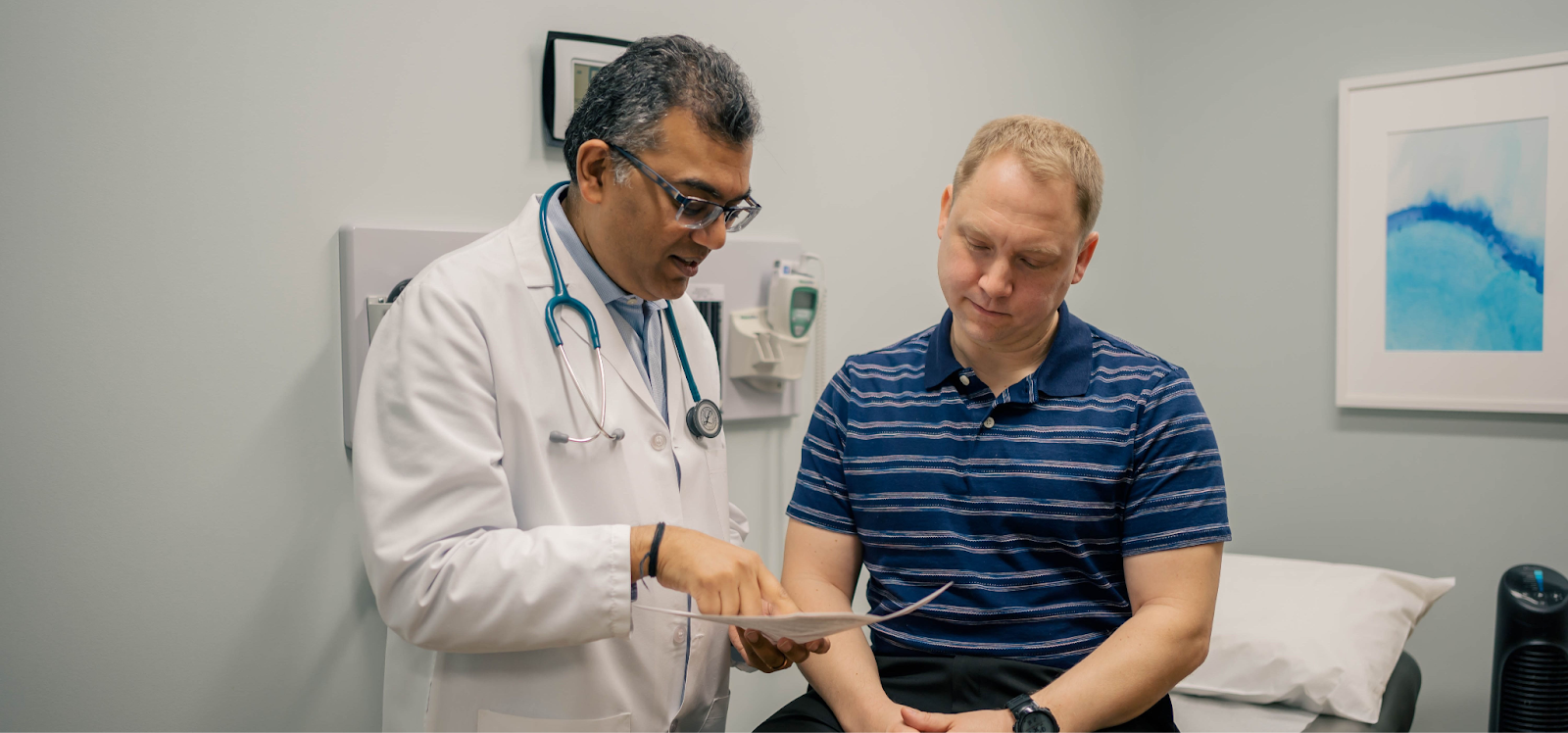Discover Your Perfect Healer Today!
Our online practitioner directory connects you with a wide range of healers to suit your unique needs.
Easily search and find the right professional to support your wellness journey.
Start exploring today to find your perfect match.
Modality
Disease
Books
Products
Events
Training
Blogs
Chinese Medicine
Exploring Chinese for Modern Gut Health
People have been showing an increasing interest in using alternative healing methods to improve gut health. Traditional Chinese Medicine has been embraced for its holistic ...
Read More → Written by
John Smith
Reiki Healers
Starting Your Reiki Healing Journey: A Beginner’s Guide
Reiki healing is an age-old Japanese practice that helps balance and harmonize the lives of people seeking holistic well-being. Whether one is interested in just ...
Read More → Written by
John Smith
Functional Nurse Specialist
Empowering Your Career: Becoming a Functional Nurse Specialist
For healthcare professionals, aiming to specialize in functional medicine, pursuing the career of a functional nurse specialist can be a quest worth undertaking. This is ...
Read More → Written by
Michael Johnson
Acupuncture
Acupuncture: An Ancient Healing Art for Modern Times
Acupuncture is an ancient healing technique involving the insertion of slim needles into specific body parts to facilitate recovery from illness. Originating thousands of years ...
Read More → Written by
David Brown
Functional Medicine
Functional Medicine vs. Regular Doctors: What’s the Difference
In healthcare, it is common for patients to experience different types of treatments or wellness programs. The two most significant ones are functional medicine and ...
Read More → Written by
David Brown
Naturopathy
Naturopath vs. Holistic Doc: What’s the Difference?
In the fast changing world of healthcare people are looking for unconventional methods to stay healthy. Two common phrases that come up in this context ...
Read More → Written by
Michael Johnson






